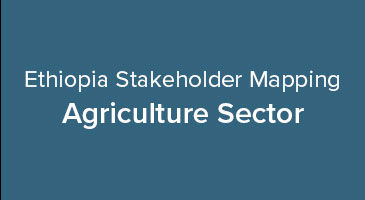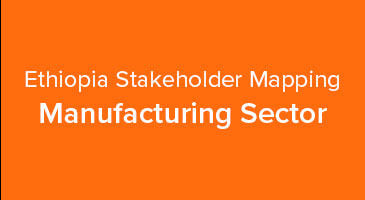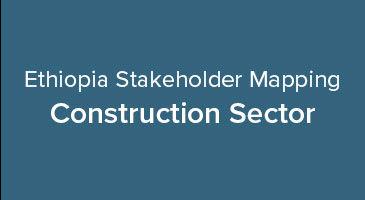Sectors Covered
The Ethiopia country report covers the Agriculture (Coffee, Livestock, Cut Flowers), Manufacturing (Food Processing, Textiles and Garments), and Construction sectors, including sector-specific key findings and proposed policy and programmatic recommendations.
This report is a product of Euromonitor International with staff and external contributions. Euromonitor International neither guarantees the accuracy of the data and findings included in this report, nor the precision of interpretations and conclusions drawn from it by users. The terms and language utilised in this report as well as any geographic descriptions/boundaries shown on any map or content in this report do not imply any judgment, acceptance, or endorsement of the identity of any persons/groups or the legal status of any territories on the part of Euromonitor International.
This report does not necessarily reflect the views of the Mastercard Foundation, UN Women, International Development Research Centre, UN Economic Commission for Africa (UN ECA), Euromonitor International, U.S. Overseas Cooperative Development Council (OCDC), the United States Agency for International Development, or the United States Government.


